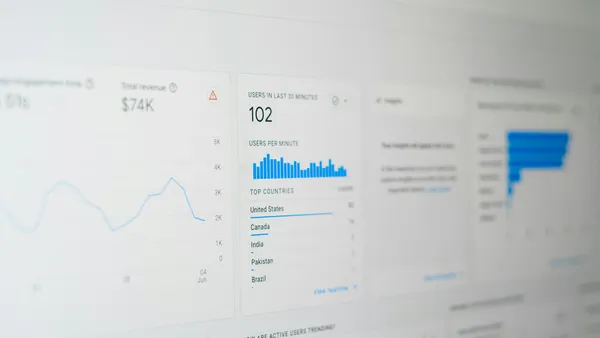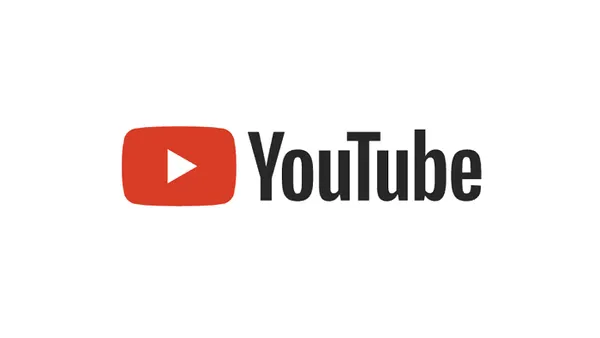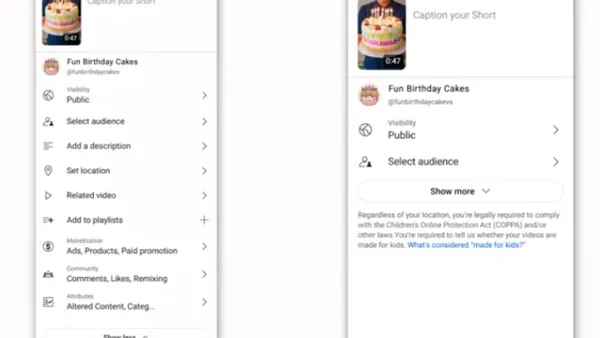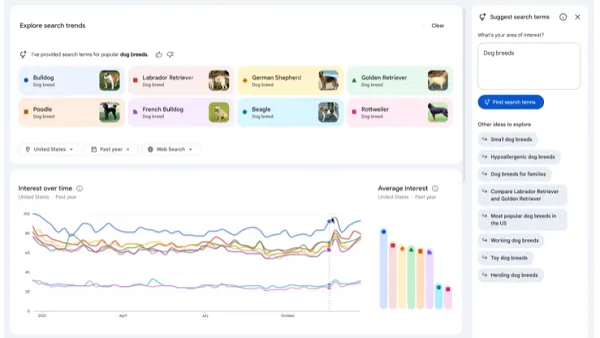Your share of voice is the total volume of advertising you own in a market. While advertising is important, with social PR, your share of voice is much more complex and diversified over many platforms. In planning for public relations you should be monitoring these to understand your brands total SOV and sentiment:
- Blogs
- Microblogs
- Message Boards and Forums
- Wikis
- Video and Photo Sharing
- Social Networks
- Traditional media
With social media, people are free to talk about your brand just about anywhere they want, and if you're not listening, then you have no idea what people are saying, how they perceive your brand, or what they think of it. Sure, focus group research and surveys are great tools to mine that data, and there's no reason why you shouldn't continue to conduct that type of research. Mind you, however, in today's marketplace and on the social web, monitoring your SOV is critical. And don't think for a minute that someone isn't talking about your brand.
Your share of voice is important because of its sentiment value. I'm extending the definition here because it's not important what you say about your brand, it's more important to understand what others are saying. Enter sentiment - an attitude toward something, regard, or opinion. It is a mental feeling or emotion toward your brand. And the analysis of that aims to determine the attitude of a speaker or a writer toward your company, brand, product or service. You fill in the blank.
While there are research methods to analyze sentiment - I'm thinking content analysis - with technology today, your efforts are force multiplied. But you need a trained communication professional to decipher the message behind the message.
Why Is Sentiment Important
Understanding how people perceive your brand (again, fill in the blank), has a direct correlation to their buying habits and how other people may think, which affects their buying habit ad infinitum. Without understanding how people feel, how do you create messages to change that feeling? That's why sentiment is important to know.
Tools to Measure Sentiment
While there are others out there. I've had my hands in these three and find them to be the best tools to use. Although SM2 and Radian6 cost, the alternative is to go free and us Social Mention along with Google Alerts and Search Twitter. Of course you'll have more work to do, but it's what your budget will allow. Right?
But what do you do with all the data?
Over on the Convince and Convert blog, Jay Baer gives a great list of items that make up the anatomy of a comprehensive report. Check out "How to Create a Share of Voice Report." I'll briefly outline the higher points:
- Search Yourself
- Search Your Competitors
- Analyze Mentions: Not all are created equal
As mentioned earlier, it's important to know what others are saying about you, it's equally important to know what they are saying about your competition. Understanding this information will help you place your brand (again, fill in the blank) in a better light or fix things that are wrong. Ergo, putting your brand in a better light.








